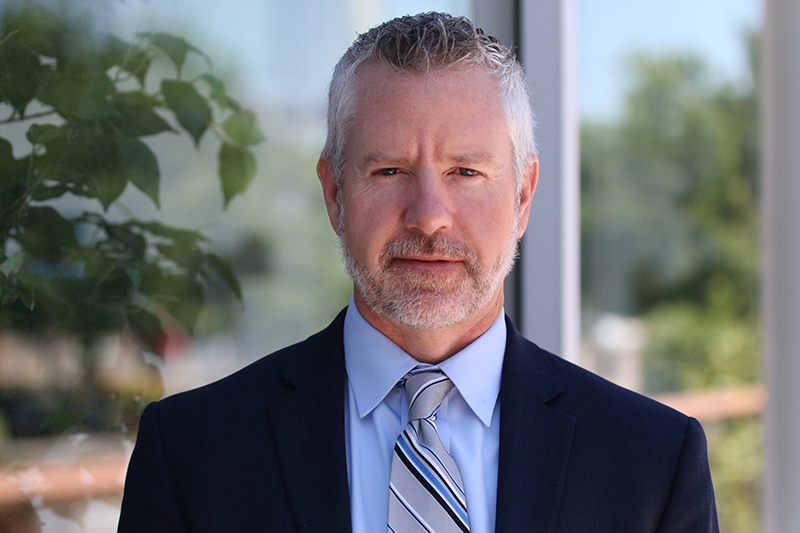
Prof. White quoted by NPR; body-worn camera research noted by New York Times
Professor Michael White is one of the nation's leading experts on body-worn cameras. He's also co-director of training and technical assistance for the U.S. Department of Justice Body-Worn Camera Policy and Implementation Program.
NPR spoke to Dr. White about Washington, D.C.'s experience with body-worn cameras as the police department found a different outcome from other studies. The Metropolitan Police Department discovered that deploying body-worn video cameras did not affect how police use force or reduce the number of complaints filed against officers. White told NPR there is a good reason why. A decade of federal oversight improved how D.C. police do their job.
"They're hiring the right people; they've got good training; they've got good supervision; they've got good accountability mechanisms in place," White told NPR. "When you have a department in that kind of state, I don't think you're going to see large reductions in use of force and complaints, because you don't need to. There is no large number of excessive uses of force that need to be eliminated."
Dr. White's own study on the implementation of body-worn cameras by the Tempe and Spokane Police departments was cited in a story by the New York Times. The Times referred to an upcoming article in the journal Policing where White's research team found that people who encountered officers with body-worn cameras believed the encounters were more "just" than encounters by people with officers who were not wearing cameras.Professor Michael White is one of the nation's leading experts on body-worn cameras. He's also co-director of training and technical assistance for the U.S. Department of Justice Body-Worn Camera Policy and Implementation Program.
NPR spoke to Dr. White about Washington, D.C.'s experience with body-worn cameras as the police department found a different outcome from other studies. The Metropolitan Police Department discovered that deploying body-worn video cameras did not affect how police use force or reduce the number of complaints filed against officers. White told NPR there is a good reason why. A decade of federal oversight improved how D.C. police do their job.
"They're hiring the right people; they've got good training; they've got good supervision; they've got good accountability mechanisms in place," White told NPR. "When you have a department in that kind of state, I don't think you're going to see large reductions in use of force and complaints, because you don't need to. There is no large number of excessive uses of force that need to be eliminated."
Dr. White's own study on the implementation of body-worn cameras by the Tempe and Spokane Police deparments was cited in a story by the New York Times. Citing an upcoming article in the journal Policing, the New York Times pointed out that White's study found that people who encountered officers with body-worn cameras believed the encounters to be more "just" than encounters by people with officers who were not wearing cameras.